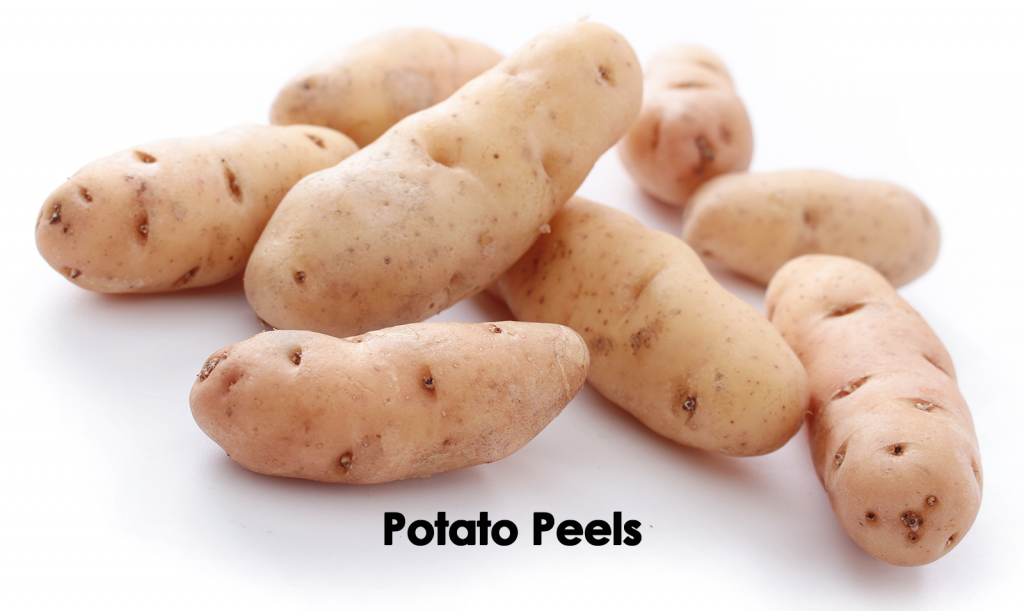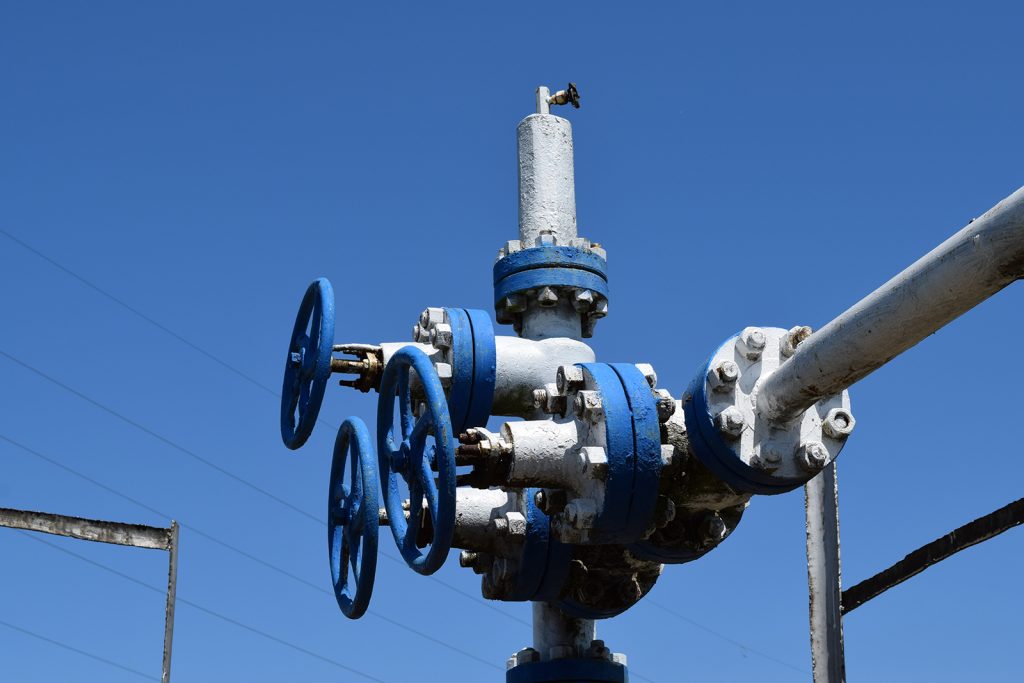 Summer is about to begin and the kids are going to be spending a lot of time at home. This means your kitchen is going to get a lot of use! One of the most common plumbing issues during the summer is clogged garbage disposals. Teenagers who stay home alone during summer vacation often eat a variety of snacks and often use the garbage disposal. The following tips will help you avoid garbage disposal clogs this summer and all year long.
Summer is about to begin and the kids are going to be spending a lot of time at home. This means your kitchen is going to get a lot of use! One of the most common plumbing issues during the summer is clogged garbage disposals. Teenagers who stay home alone during summer vacation often eat a variety of snacks and often use the garbage disposal. The following tips will help you avoid garbage disposal clogs this summer and all year long.
- Run the Water – Turn the faucet on set at the cold temperature before turning on the garbage disposal. The cool water will flush food particles down the drain faster, as well as help solidify grease and fat. Always use cool running water before, during and after using the garbage disposal.
- Feed the Disposal Gradually – It’s always tempting to stuff tons of food debris into the disposal and let it do its job. But this can overwhelm the disposal and also damage the blades. Slowly feed the food to the disposal in small doses to avoid overloading the disposal.
- Clean with Vinegar Ice Cubes – Make 6 to 12 ice cubes out of white vinegar or apple cider vinegar. Then feed them into the disposal. The ice will clean the blades and the vinegar will deodorize the disposal and well as disinfect.
- Use the Disposal Frequently – Some homeowners only use their garbage disposal on occasion. It is best to use it daily or as frequently as possible. The reason is to avoid rust or damage to the blades.
- Avoid Potato Peels – Potato peels are one of the most common items that get placed into a garbage disposal, however this is a big mistake. Potatoes are starchy and actually turn into a paste that can get on the blades and other motorized parts causing the disposal to stop working.
- Avoid Stringy Items – Sweet potatoes, artichokes and celery have natural strings. Have you ever bit into a raw piece of celery only to have a long string be revealed? These strings can get caught in the blades and other components of the garbage disposal causing damage. You can either don’t put these items down the disposal or chop them into small pieces to avoid long strings.
Garbage disposals are a convenience in today’s modern kitchens. They are easy to use and require little to know maintenance. Always use water to flush the disposal to keep it running at it s best. Avoid over feeding the disposal as well as stringy items. Avoid clogs by teaching your family how to properly use the disposal.

Since 1968, Chip Mokher & his team has provided South Florida with quality service with a commitment to our customers’ satisfaction. Our many years of experience has allowed us to serve thousands of homes and businesses in Miami-Dade County. We welcome the opportunity to serve you, please call us at 305-446-8266 or email us at chip@mokherplumbing.com




